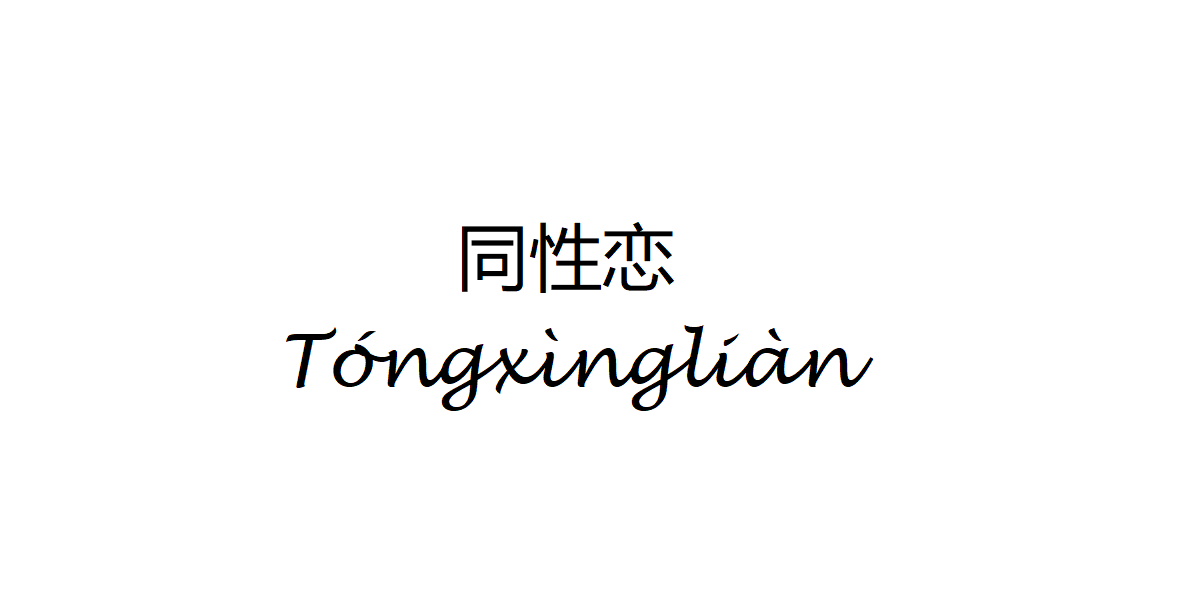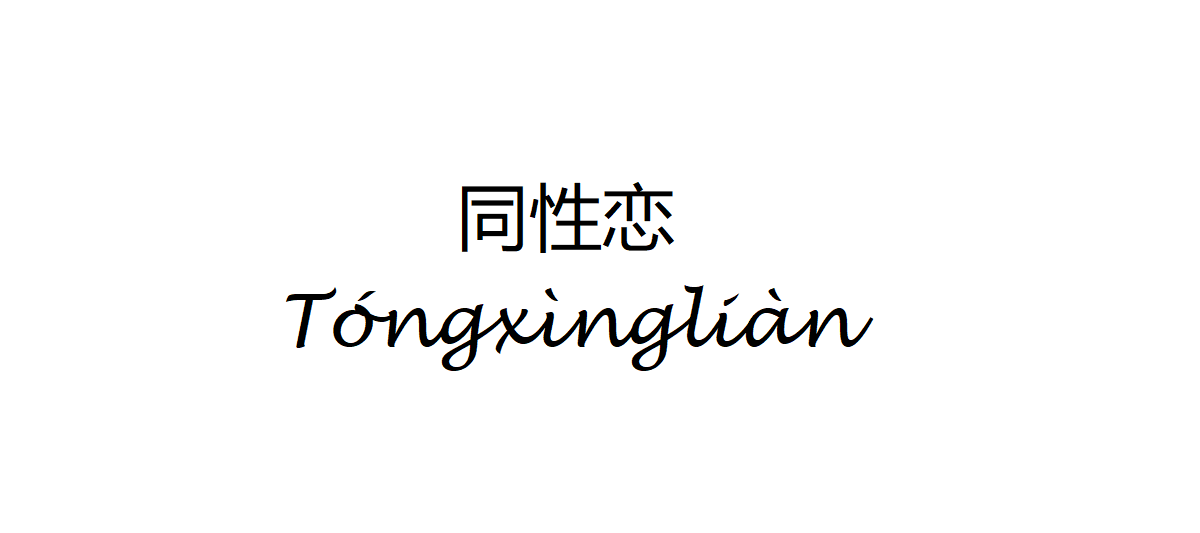Saying “gay” in Chinese is not as straightforward as it might seem. The reason for this is that there isn’t a single word or phrase that translates directly to the English term “gay”. There are, however, several ways to refer to homosexuality and same-sex relationships in Chinese.

How to Say Gay In Chinese
The most commonly used term for gay people in China is tongzhi (同志). This literally means “comrade” but has been adopted by the LGBTQ community as a self-referential label of solidarity.
Another common way of saying “gay” in Chinese is lángrén (浪人). This literally means “wanderer”, suggesting a sense of aimlessness or restlessness often associated with being queer.
When talking about relationships between two men or two women specifically, the terms tóngxìnglǐ (同性恋) or xiǎo sī yínháng (小死姻娘) are usually employed instead of using the word gay itself. Both terms refer broadly to same-sex love but have different nuances. Tóngxìnglǐ suggests more romantic feelings whereas xiǎosīyínháng implies more platonic ones.
Example Sentences using Gay In Chinese
1. That new guy is so gay – 那個新人真是太gay了
2. Stop being so gay – 別再這麼gay了
3. You’re such a big gay – 真是個 大gay
4. He’s always acting so damn gay – 他老是表現得這麼不正常的gay
5. What a freaking gay move – 多麽可悲的一個gay举動呢


 Bitch In Chinese
Bitch In Chinese